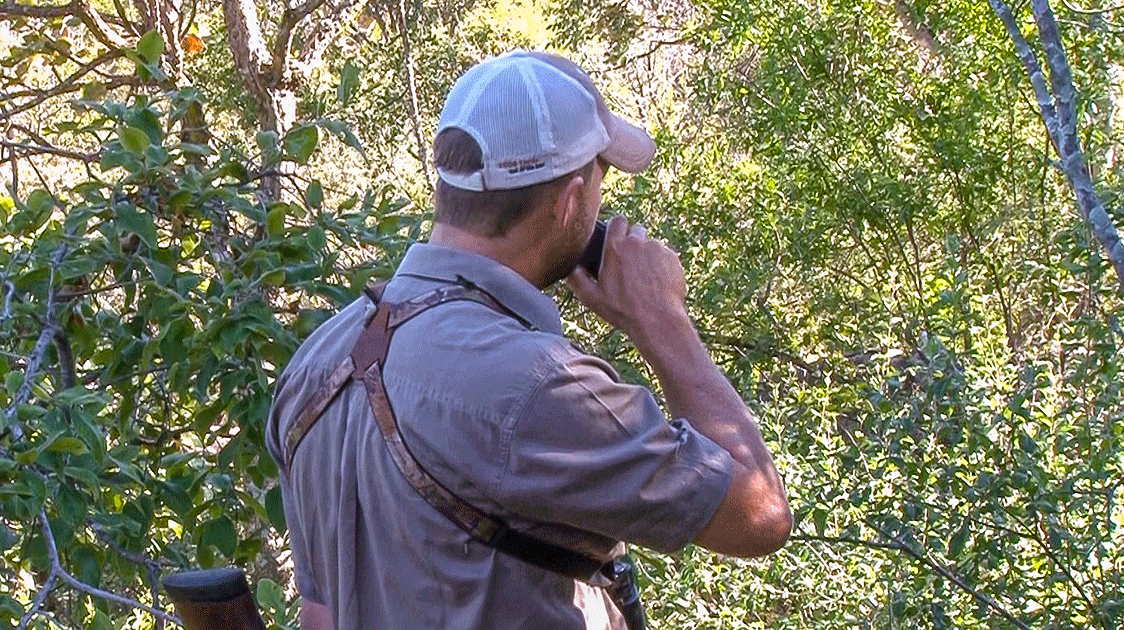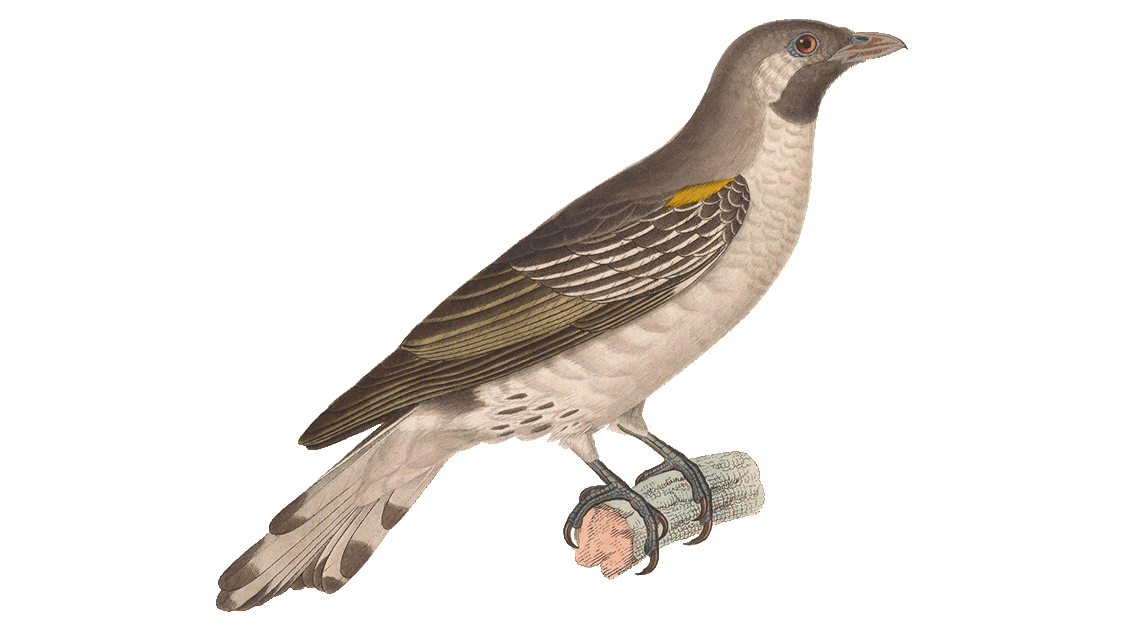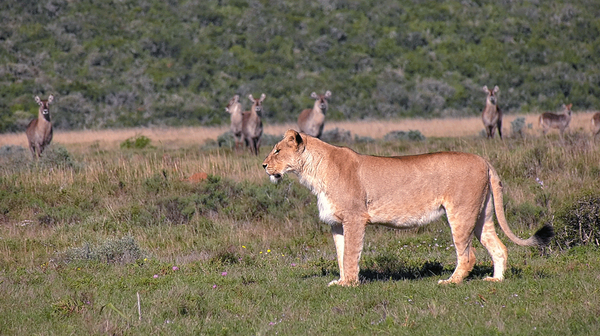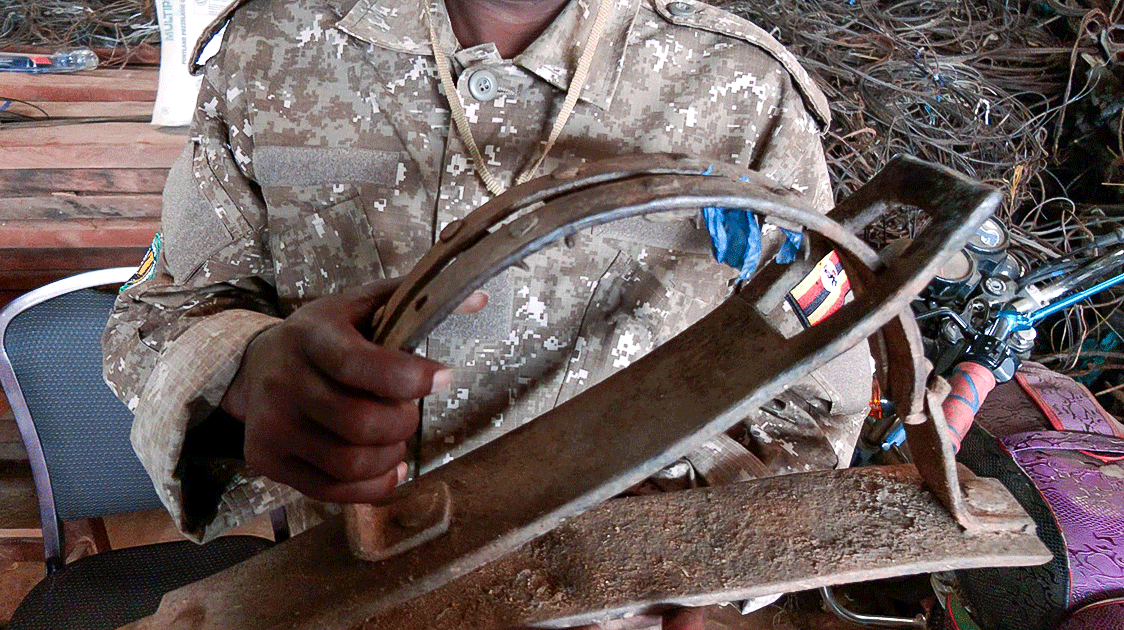Isibaya: Stock Replacement System

Program directors Vaughan Whitehead-Wilson and Gibson Ncube explain the Isibaya stock replacement system in this second episode. Instead of paying cash for livestock loss to predators such as a leopard, the program replaces the animal with a similar-aged one.
This innovative conservation program has enormous potential to:
- Protect predators in Africa (such as leopard) while safeguarding the plains game species they coexist with.
- Reduce human–wildlife conflict by compensating livestock owners with new animals, rather than money, which discourages retaliatory killings.
- Create jobs and skills in local communities, especially for those involved in verification, herding, and program management.
FAQs
1) What is the Isibaya stock replacement system?
The Isibaya stock replacement system is a wildlife conservation initiative where farmers receive a similar-aged animal to replace livestock lost to predators like leopards. Instead of cash payouts, this approach ensures herds remain productive and livelihoods secure.
2) How does the program help conservation?
By providing animal-for-animal replacement rather than money, the program reduces retaliation against predators and helps conserve both predator species and plains game populations.
3) Which predators are involved?
The program primarily addresses losses caused by predators such as leopards, though it can be applied to other species that may come into conflict with livestock.
4) What are the community benefits?
The system creates employment opportunities in anti-poaching patrols, verification teams, and livestock management, while helping local households maintain their herds.
5) Why is a similar-aged replacement important?
By matching the age of the lost animal, the program ensures that the economic value and productivity of the herd are preserved, giving farmers immediate stability and long-term security.




